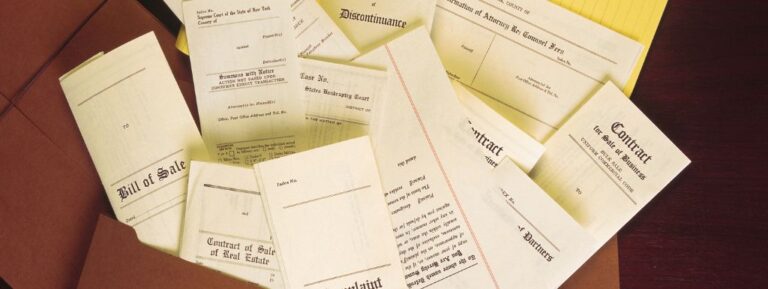2022 has started off being an exciting year, both in the UK and in Australia, for defamation participants and watchers.
In the UK, 2021 ended with the appeal judgment in the exciting and unprecedented action taken by HRH The Duchess of Sussex against a major media organisation for the misuse of private information and infringement of copyright. Whilst there was no element of defamation in that action, it did call into consideration issues often associated with a defamation claim, such as breach of privacy. That case even outshone the case in 2020 in the UK in which actor Johnny Depp unsuccessfully sued a media organisation for it having labelled him a wife-beater. That case was dismissed as the Court rejected Mr Depp’s evidence, favouring the evidence of his ex-wife, Amber Heard. That case is, effectively, having a re-run given defamation proceedings commenced by Mr Depp in the USA directly against Ms Heard. The trial of that action is proceeding at the time of the first publication of this paper.
In Australia, 2022 has also seen some exciting and high-profile cases. There has been the long-running case brought by Ben Robert Smith case against various media organisations which has now been heard over more than 100 days with no end in sight and, more recently, there has been the action by the actor Craig McLachlan also against a major media organisation. Mr McLachlan is best known for his performance as Frank’n’Furter, in the musical Rocky Horror Show.
As matters stand, there are few signs of abatement of defamation claims. There is no doubt that the increased use of social media, and the Internet generally, have contributed to the increase in defamation claims, as well as the increased availability of technology generally such as mobile phones. A common perception is that lockdowns and restrictions that have arisen as a result of the coronavirus have also contributed to an increase in defamation claims, perhaps as a result of the inability of many people to freely travel and to otherwise participate in activities of their choice.
A case that is currently receiving widespread media attention is one in the UK, being a claim by Rebecca Vardy against Coleen Rooney. Both are commonly described as WAGs, being an acronym for ‘Wives and Girlfriends’, in this case being the wives of two very well-known footballers. Jamie Vardy is one of the most well-known players for Leicester Football Club and has played for England on many occasions. Wayne Rooney is one of England’s most renowned footballers, having had a highly successful and illustrious career with Manchester United. The expression WAGs is associated with high profile sportsmen generally but it became very prominent in the mid 2000s when the English football team participated in the football World Cup. Victoria Beckham, the wife of David Beckham, perhaps one of the most renowned footballers during the last 30 years or so, single-handedly prompted great use of the expression.
The circumstances of the Vardy v Rooney case are somewhat unusual but certainly not unique.
Coleen Rooney suspected that one of her closed group of Instagram followers was leaking private information to a newspaper. She suspected that it was Mrs Vardy so Mrs Rooney set a trap – she posted fake information to which only Mrs Vardy could gain access, and waited to see if the information, or parts if it, ended up being published in the newspaper – and some of it was, thereby reinforcing Mrs Rooney’s suspicion that it was Mrs Vardy who was leaking the information. In a Twitter post, Mrs Rooney alleged that Mrs Vardy’s account was the one leaking her personal information to the press. It is based upon those statements that the defamation action has been brought.
The trial proceeds and given the mystery as to who the “leaker” was, the case is affectionately referred to as the ‘WAGatha Christie’ trial. It also includes such surprising events as a mobile phone falling from a boat into the North Sea so that it was not available as evidence.
As with all cases, the outcome of this one will depend upon its own facts and the decision by the Judge as to which witness is more credible, where there are any conflicts in factual evidence. The concept of leakage of confidential information is not an unusual one nowadays, in Australia, nor is the concept of information being provided, or directly published, anonymously online. Indeed, many negative business reviews are posted anonymously and, like Mrs Rooney (who bears the legal onus), they will need to be able to satisfy a Court as to who did publish the review in question, or leaked the information.
This paper has been prepared by Barrie Goldsmith, Senior Counsel, and Tess Gooding, of Rostron Carlye Rojas Lawyers of Brisbane, Melbourne, Perth and Sydney
**The blog published by Rostron Carlyle Rojas is intended as general information only and is not legal advice on any subject matter. By viewing the blog posts, the reader understands there is no solicitor-client relationship between the reader and the blog published. The blog should not be used as a substitute for legal advice from a legal practitioner, and readers are urged to consult RCR on any legal queries concerning a specific situation.



